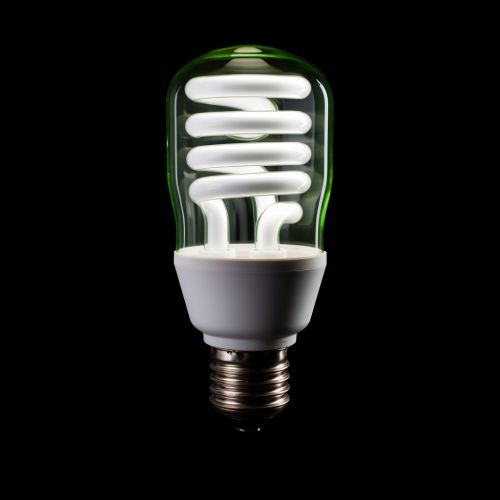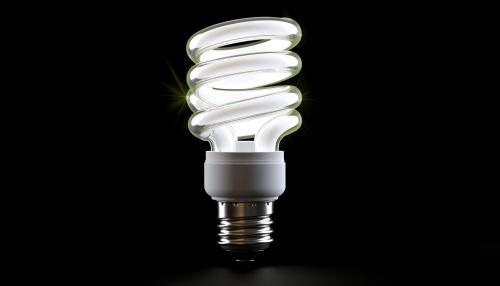Energy conservation
Introduction
Energy conservation refers to efforts made to reduce the consumption of energy by using less of an energy service. This can be achieved either by efficient energy use, in which case energy use is decreased while achieving a similar outcome, or by reduced consumption of energy services. Energy conservation is a part of the concept of eco-sufficiency.
Importance of Energy Conservation
Energy conservation is critical for several reasons. Firstly, it reduces energy costs. By using energy more efficiently, individuals and organizations can save money on their utility bills and indirectly boost the economy. Secondly, it improves the quality of life. Energy-efficient homes and offices have better air quality and are more comfortable to live and work in. Thirdly, energy conservation is essential for sustainability. By reducing the amount of energy we consume, we can help reduce the demand for finite natural resources and minimize the impacts of energy production and use on the environment.
Principles of Energy Conservation
Energy conservation is based on the principle of using less energy to provide the same service. For example, insulating a home allows a building to use less heating and cooling energy to achieve and maintain a comfortable temperature. Installing fluorescent lights, LED lights or natural skylights reduces the amount of energy used in lighting systems. Energy conservation also includes efforts to reduce energy consumption through behavioral changes. For example, turning off lights when leaving a room, unplugging electronics when they're not in use, and using energy-efficient appliances can all contribute to energy conservation.


Energy Conservation Techniques
There are several techniques for energy conservation, including:
- Insulation and Weatherization: These techniques reduce the amount of energy needed to heat or cool buildings by preventing heat from escaping or entering the building envelope.
- Energy-Efficient Appliances: These appliances use less energy to perform the same tasks as traditional appliances. Examples include energy-efficient refrigerators, dishwashers, and washing machines.
- Lighting Efficiency: This involves using energy-efficient light bulbs and natural light to reduce the amount of energy used for lighting.
- Transportation Efficiency: This involves using fuel-efficient vehicles, public transportation, biking, or walking to reduce the amount of energy used for transportation.
- Water Efficiency: This involves using less water or reusing water to reduce the amount of energy used to heat, cool, or treat water.
- Behavioral Changes: This involves changing habits to reduce energy use, such as turning off lights when not in use or adjusting the thermostat when leaving the house.
Energy Conservation Policies
Many countries have implemented policies to promote energy conservation. These policies may include energy efficiency standards for buildings and appliances, financial incentives for energy-efficient practices, and public education campaigns about the benefits of energy conservation. In addition, some countries have implemented carbon pricing mechanisms, such as carbon taxes or cap-and-trade systems, to encourage energy conservation and reduce greenhouse gas emissions.
Challenges in Energy Conservation
While energy conservation has many benefits, there are also challenges in implementing energy conservation measures. These challenges may include financial barriers, lack of awareness or information, and technological challenges. For example, energy-efficient appliances and building materials may be more expensive than their less efficient counterparts, making it difficult for some individuals or organizations to afford them. In addition, some people may not be aware of the benefits of energy conservation or how to implement energy conservation measures.
Future of Energy Conservation
The future of energy conservation looks promising, with advances in technology and policy making it easier and more affordable to conserve energy. In addition, there is a growing recognition of the importance of energy conservation for sustainability and climate change mitigation. As a result, energy conservation is likely to play an increasingly important role in the global energy landscape.
